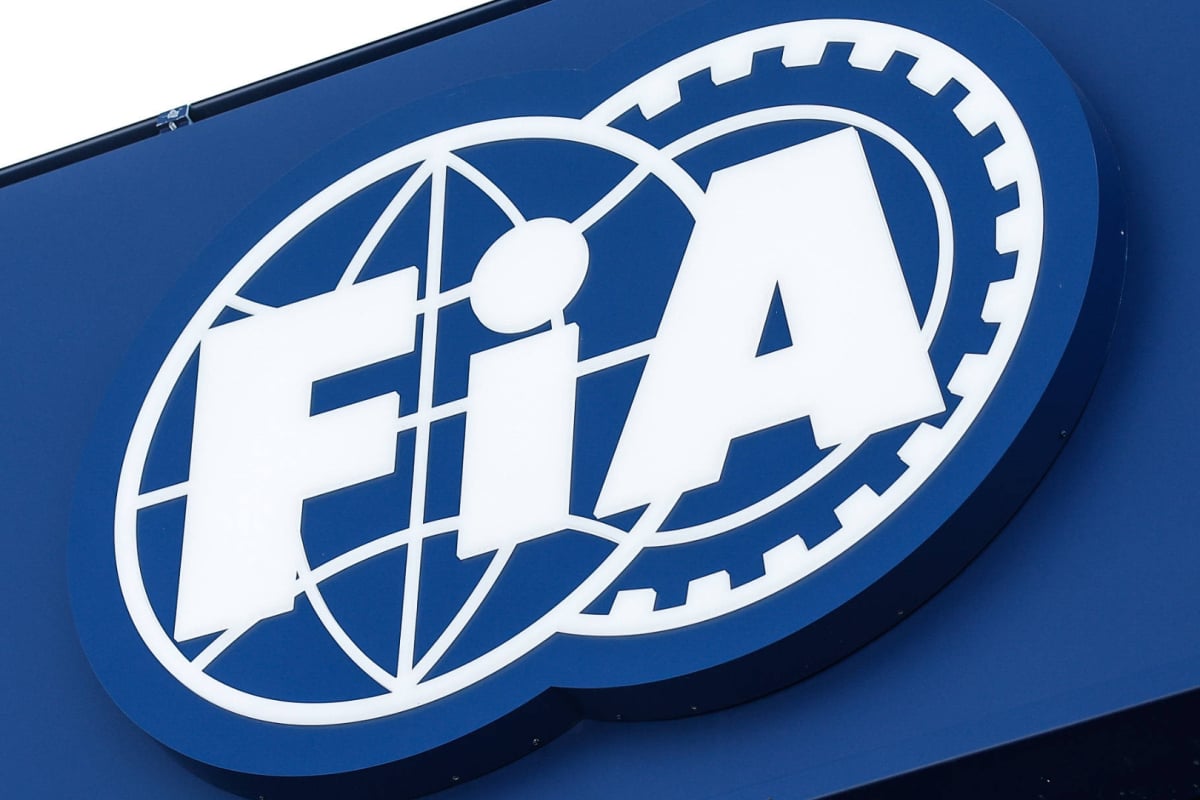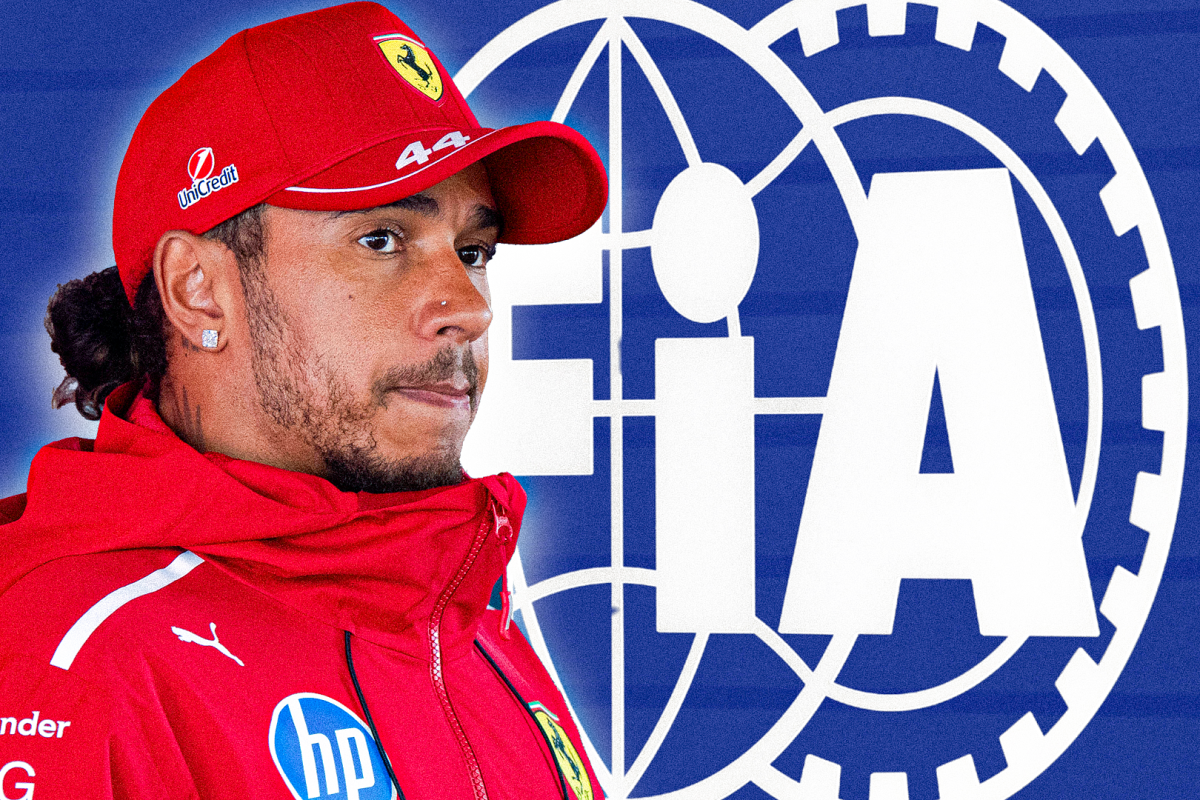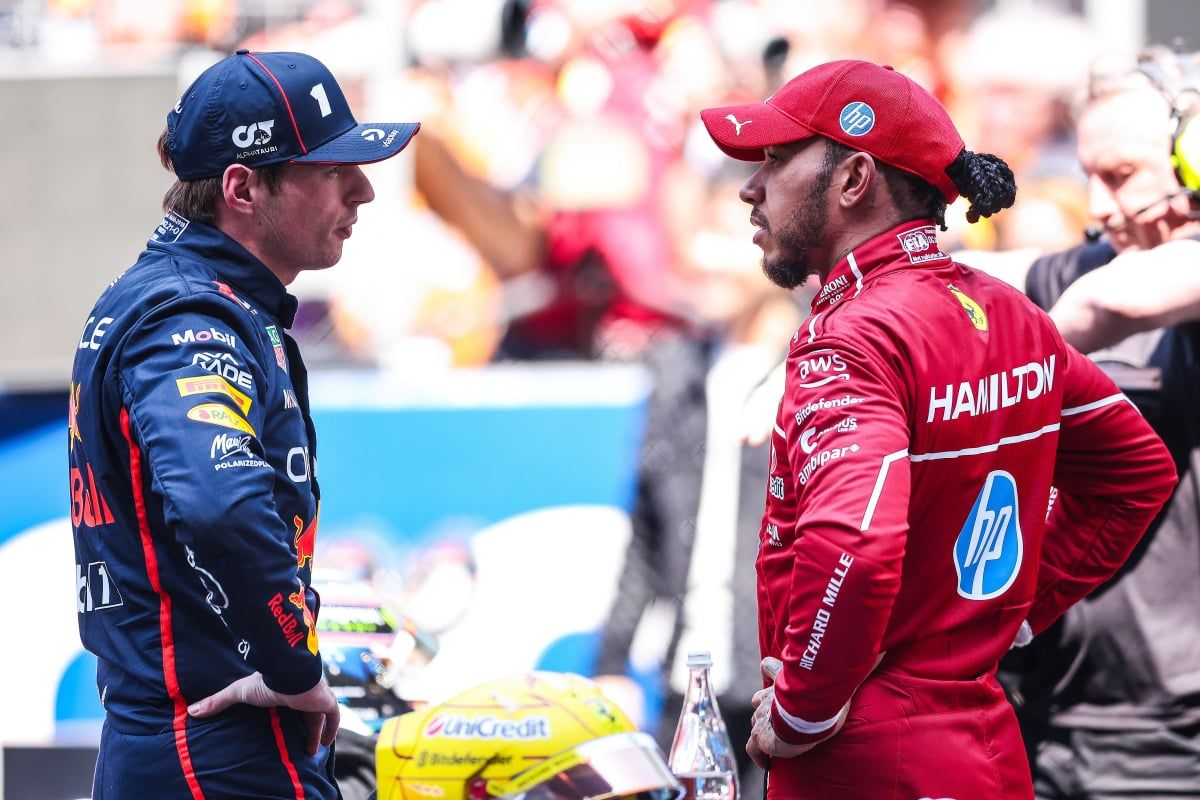FIA suspend F1 race steward with i… read more
The FIA’s swift suspension of Derek Warwick, a seasoned Formula 1 steward, underscores the stringent impartiality expected from those officiating in the high-stakes world of motorsport. Warwick’s suspension, effective immediately prior to the Canadian Grand Prix, stemmed from unauthorized media comments he made to a betting company, Plejmo, regarding a controversial on-track incident between Max Verstappen and George Russell. These comments, subsequently disseminated to several media outlets, crossed the line between objective observation and potentially biased commentary, a violation of the FIA’s strict code of conduct for stewards.
The crux of the matter lies in the inherent conflict of interest. Warwick, as a steward scheduled to officiate at the Canadian Grand Prix, offered his opinion on a similar incident involving Verstappen, an incident that could potentially have ramifications for future penalties. His assessment of Verstappen’s collision with Russell, while seemingly neutral in tone, nevertheless positioned him as a commentator on a situation he may soon have to judge himself. This placed him in a precarious situation, potentially compromising his impartiality and the integrity of the FIA’s decision-making process.
Warwick’s statements, while nuanced, provide a window into the complexity of the FIA’s ruling. He explicitly stated that Verstappen’s maneuver was “absolutely wrong” and that the FIA was “right to give a penalty.” However, he also weighed in on the severity of the penalty, suggesting it was “spot on” and that while some called for suspension, such a measure was unnecessary. This balanced perspective, while seemingly objective, nevertheless presented a commentary on a situation where he would potentially be involved in future similar rulings. The FIA clearly viewed this as an unacceptable breach of protocol.
The FIA’s decision to replace Warwick with Enrique Bernoldi, officiating remotely from Geneva, highlights the organization’s commitment to upholding the highest standards of neutrality and fairness. The swiftness of the action underscores the seriousness with which the FIA views unauthorized commentary by officials on matters potentially subject to their jurisdiction. The immediate nature of the suspension prevented any potential perception of bias or influence on the upcoming Canadian Grand Prix. The action serves as a stark reminder to all FIA stewards of the crucial importance of maintaining impartiality and avoiding any appearance of conflict of interest.
The comparison to the similar situation involving Johnny Herbert underscores the FIA’s consistent application of its rules regarding media interaction for its stewards. Both instances involved commentary on race incidents by officials who subsequently had a role in judging similar on-track events. This pattern highlights the organization’s commitment to eliminating any potential for bias or the appearance of bias.
Warwick’s subsequent apology and acknowledgement that his comments were “ill-advised” further reinforces the FIA’s position. While the apology might mitigate the severity of the consequences, it does not negate the violation of protocol. The suspension served as a necessary corrective measure, emphasizing the critical importance of maintaining impartiality in such a high-profile and intensely competitive environment. The reinstatement of Warwick for the Austrian Grand Prix suggests the FIA’s willingness to afford second chances, provided the error is acknowledged and understood. Ultimately, the incident serves as a cautionary tale, emphasizing the fine line between offering expert opinion and potentially compromising impartiality.




